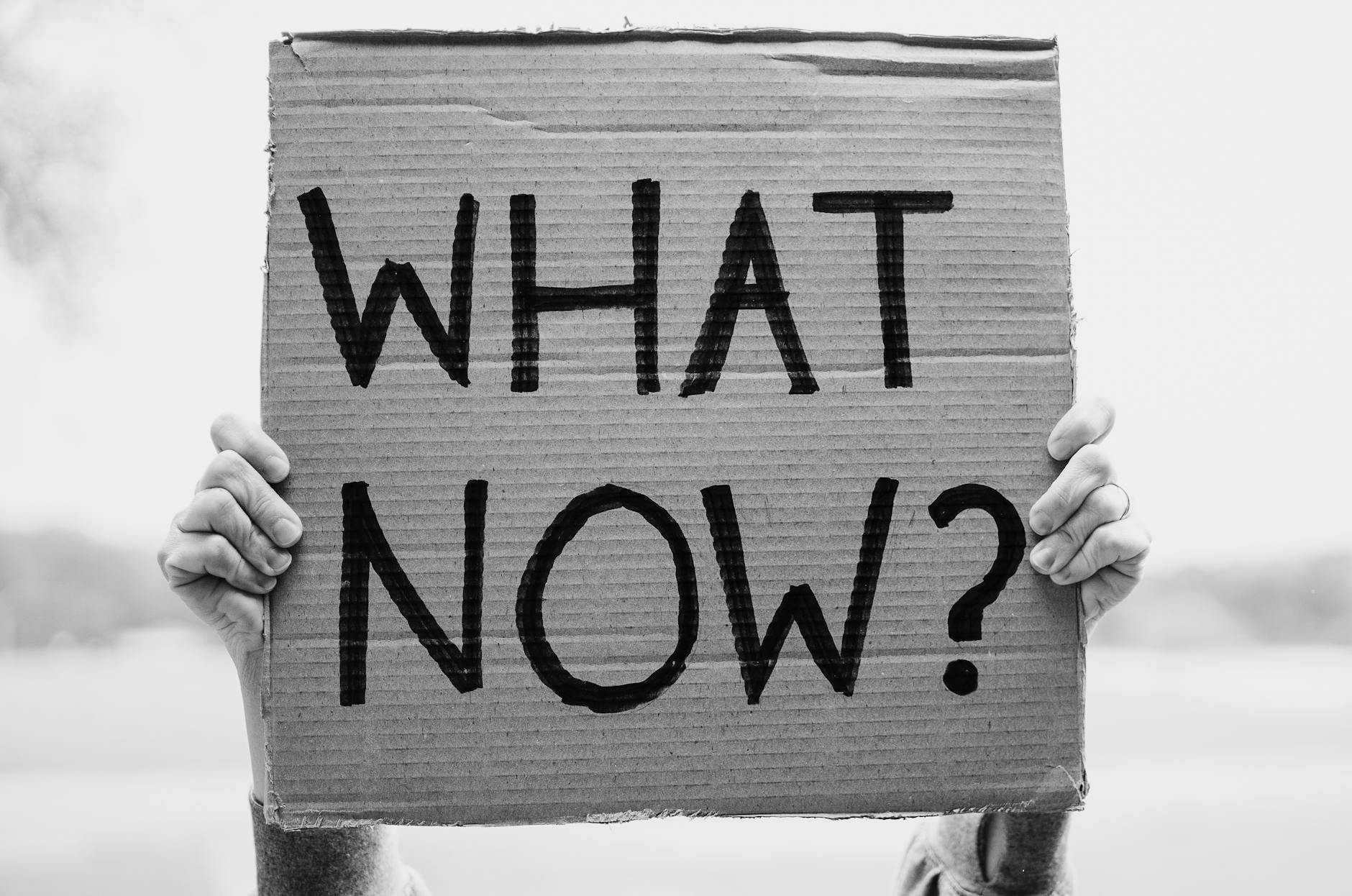It’s not just the Kardashians’ latest post on the importance of cosmetic surgery that makes me want to flush my phone down the toilet.
The alarming number of advertisements for specific training programs or universal diets designed around a precise grammage, or the recommendations that every woman should supplement her iron intake, make me sad.
What do all these examples have in common? They all assume that universal methods, whether in sport, nutrition or health in general, produce identical results for everyone. Apart from the fact that these methods clearly ignore the notion of individualization inherent in human beings, none of them seem to concern themselves with a phase that is nonetheless crucial to any follow-up process: evaluation.

Let’s say your best friend asks you to withdraw all your savings and lend them to him or her to deal with an urgent situation. What would you do? Would you sprint to the bank and empty your savings account? If so, your best friend is very lucky and I’d like you to leave me your contact details. We could become friends too.
On a more serious note, the overwhelming majority of us wouldn’t settle for so little information before taking out a certain sum of money. We’d probably ask our dear friend several questions, assessing not only the importance of his request but also the risks involved.
So why don’t we do the same with our health?
- How can we prescribe a physical training program without first assessing your physical condition?
- How can we give you nutritional recommendations without knowing your current eating habits or your goals?
- How can we encourage you to take food supplements if we don’t even know if you’re suffering from deficiencies (since supplementing means filling a void, it presupposes a lack)?



The 3 images above illustrate 3 important moments in any follow-up or rebalancing program, which are unfortunately non-existent without this precious assessment phase.
- Any properly conducted assessment involves a discussion phase, during which the person’s background is addressed. Without an understanding of the individual’s lifestyle and daily challenges, it is difficult to provide a personalized response and enable the person to adapt the program to his or her specific requirements and lifestyle.
- Most sports and nutritional follow-ups must include an essential component: the psyche. For example, it often happens that a person seeks to rebalance his or her diet, thinking that the problem stems from ignorance of the principles of healthy eating, whereas in reality, the initial assessment will reveal behavioral problems (emotional snacking, compulsive desire to fill up, need to deprive oneself, etc.).
- Collecting information from the tests carried out during the assessment provides a precise set of data on the person’s current state of fitness. These figures form the basis on which the action plan will be implemented, and enable an objective comparison of the progress made by the person concerned..

Having received a number of questions related in one way or another to this important topic of evaluation, I’ve decided to put together a summary table of Do’s and Don’ts, which I hope you’ll find useful and helpful.
Do’s
Favour follow-ups offering an initial meeting/assessment
Follow your doctor’s recommendations in terms of supplements if deficiencies are noted
Request the results of your assessment in writing, with oral explanations from your advisor
Favour sustainable, long-term methods, optimized to achieve an overall objective of dietary, physical and mental well-being
Don’ts
Avoid ready-made programs that you can download or buy online
Don’t spend your money on food supplements without first taking a blood test
Don’t rely on online surveys to define your calorie intake or fitness level
The body is not an exact science. Don’t trust an overly precise program that promises to lose X number of kilos over X number of weeks.
When all is said and done, remember this: if a total stranger approaches you on the street and tells you that he’s not feeling well, that he needs your help and an immediate solution, what will you say? Probably something like “What’s the matter with you?” or “Explain to me what’s wrong”. I doubt that any of you could provide a direct solution, without getting a bit more context on the person’s problem.
The same goes for your health.
Did you like this article? Did it raise any questions you’d like to share? Feel free to leave your comment in the space below, or open the discussion by sharing this article on your social networks.

